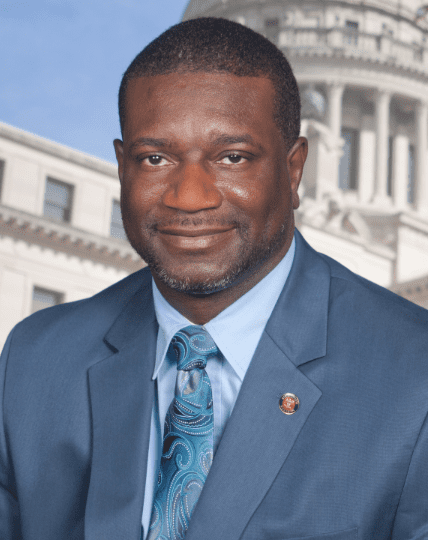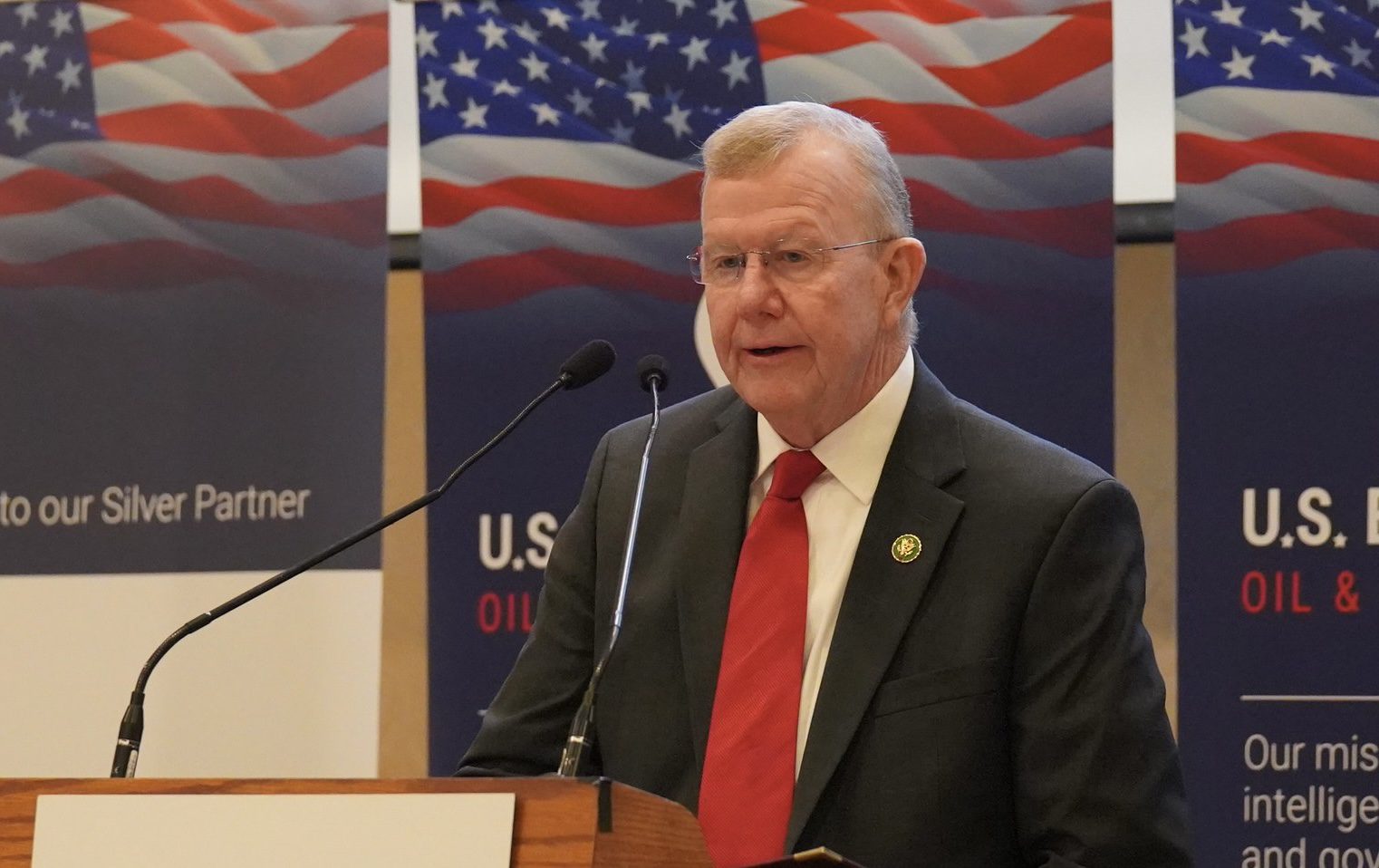
- Senator Barnett said parole is an effective method to reduce the prison population in Mississippi and save the state money.
Mississippi’s parole eligibility law was extended for another three years during the 2024 legislative session.

State Senator Juan Barnett (D), author of SB 2448, said the legislation continues to allow those convicted of non-violent or lesser crimes to be eligible for parole until 2027.
“It does not guarantee them parole but gives them the opportunity that they did not have previously,” Senator Barnett said.
Prior to the parole law, Barnett said inmates would have to serve their sentences day for day, forcing the state to cover the cost to house those persons for the entirety of their sentence. At $30,000 per year per inmate, he said it’s beneficial to allow those who are eligible for parole to be released.
Alesha Judkins, Mississippi State director of FWD.us, said parole is a data-driven strategy that can help safely reduce the state’s prison population while maintaining public safety.
“Since Mississippi’s parole law went into effect in 2021, 98% of people made newly eligible for parole did not return to prison on a new sentence within the first 24 months following release,” Judkins said in a statement. “Parole has proven time and time again to be a critical tool for safely reuniting people with their families, strengthening the state’s workforce, and reducing recidivism.”
To be eligible for parole, the inmate must serve a certain percentage of their time or a minimum number of years, depending on the offense and its severity. Senator Barnett said the inmate must also show they are ready to reenter society, which can include taking advantage of assistance programs available in their facility. Those programs can include drug and/or alcohol classes as well as education courses offered.
“That’s why it’s called earned parole eligibility; there are things they have to do to earn their way to parole,” Senator Barnett said.
Those convicted of major crimes such as murder, rape and large-scale drug trafficking are not eligible for parole. Other categories not eligible for parole include habitual offenders, sex offenders, and those convicted of capital offenses and human trafficking, the legislation outlines.
Senator Barnett said parole is an effective method to reduce the prison population in Mississippi and save the state money.
Governor Tate Reeves (R) signed the bill into law on April 30 of this year.
Scott Peyton, Mississippi Director of Right On Crime, said Governor Reeves and Mississippi’s elected leaders supporting the policies of SB 2448 understand that a successful criminal justice system is designed to not only punish, but also provide a chance for rehabilitation and redemption.
“Parole works in Mississippi, and the data backs it up. Signing SB 2488 into law allows thousands of Mississippians an opportunity to serve their time and contribute to the communities where they live, raise families, and work,” Peyton added.
Right On Crime notes that according to a November Public Opinion Strategies Poll, nearly 90% of Mississippi voters from across the political spectrum, including 87% of Republican voters, support allowing people to earn their way home through the parole process.











